Propane-Powered Vehicles Run Easily in Ohio’s Freezing Temps
School districts and transit agencies rely on their propane fleet to reliably transport thousands of kids and residents during this extreme cold. Propane engines immediately start and efficiently run throughout the day.
Cold Weather Challenges for Diesel, Electric, and Gasoline Vehicles
Freezing temperatures challenge diesel, gasoline, and electric vehicles. Diesel fuel thickens, requiring costly additives to prevent gelling. Engines must also be plugged in overnight to keep block heaters running, consuming electricity and increasing costs for school districts and paratransit companies (U.S. Department of Energy).
Electric school buses experience significant losses in battery efficiency in the cold, resulting in even lower driving ranges than the normal range (approximately 210 miles) on one charge for a Type C school bus. Charging them also takes longer. Electric buses require overnight charging, which adds to the cost burden of any EV school bus or paratransit (EPA, 2023).
While gasoline engines sometimes experience hard starts in low temperatures, condensation can form inside fuel tanks in extreme cold. Water can contaminate the gasoline, resulting in declining engine performance and potential stalling.
Propane Vehicles: A Reliable Alternative
Propane-powered vehicles do not require engine block heaters or additional fuel additives to survive extreme cold. They start up quickly, even in subzero temperatures, and maintain consistent performance without additional maintenance costs. Propane’s vaporization process ensures a smooth startup, and its lower carbon content allows for cleaner combustion, reducing engine wear and tear (U.S. Department of Energy).
Westerville Schools in Westerville, OH, operates over 25 propane buses. Shawn Dawson, Fleet and Operations Manager for Westerville Schools, attested to the reliability of propane buses in freezing conditions: “Our propane buses performed phenomenally in the freezing cold. We do not have to plug in heaters for the buses, and they started right up.”
Ben Capelle, CEO of LakeTran, who operates Ohio’s largest paratransit fleet in Lake County, Ohio, affirmed propane’s benefits in the cold. “Our buses immediately started in the freezing cold with no issues.” With nearly 60 propane paratransit buses currently on the roads in Lake County, Ben has taken over managing Geauga Transit Authority in Chardon, OH, and he is transitioning to operating on propane as well. With nine diesel vehicles on the way out already, Capelle says that their entire 24-vehicle fleet will be propane in the coming months.
Beyond reliability and cost-effectiveness, propane-powered vehicles provide quieter and more comfortable rides than diesel and gasoline-powered ones. Propane engines provide immediate torque, guaranteeing fast acceleration, unlike diesel engines, which can be slow in cold weather. Additionally, propane vehicles emit fewer greenhouse gases and carbon emissions, improving air quality for drivers and passengers (U.S. Department of Energy).
As Ohio continues to experience extreme cold weather, propane-powered school buses and paratransit vehicles will continue to perform without disruption through the winter and throughout the year while saving money and carbon emissions.
Ohio Propane Gas Association offers up to $20,000 to purchase new propane vehicles to add to an existing fleet or help transition your fleet to propane. Learn more about the rebate and more funding opportunities to convert your fleet: https://www.ohioautogas.com/#rebate
References
- EPA. (2023). Cold weather considerations for electric school buses. Retrieved from https://www.epa.gov/system/files/documents/2023-04/elec-schl-bus-cold-weather-consider-2023-04-19.pdf
- Motor Mouth Arabia. (2023). We knew that EV range suffered in the cold, but then we ran a sub-zero test with the Tesla Model 3. Retrieved from https://www.motormoutharabia.com/uncategorized/we-knew-that-ev-range-suffered-in-the-cold-but-then-we-ran-a-sub-zero-test-with-the-tesla-model-3/155030/#gsc.tab=0
- NYC School Bus Umbrella Services. (n.d.). Technical school bus need-to-know. Retrieved from https://www.nycschoolbus.org/technical-school-bus-need-to-know-1#:~:text=Level%202%20chargers%20are%20required,electric%20system%20upgrades%20are%20necessary
- U.S. Department of Energy. (n.d.). Propane benefits. Retrieved from https://afdc.energy.gov/fuels/propane-benefits
- U.S. Department of Energy. (n.d.). Propane vehicles. Retrieved from https://afdc.energy.gov/vehicles/propane#:~:text=Propane’s%20low%20carbon%20and%20low,it%20enters%20the%20combustion%20chamber

